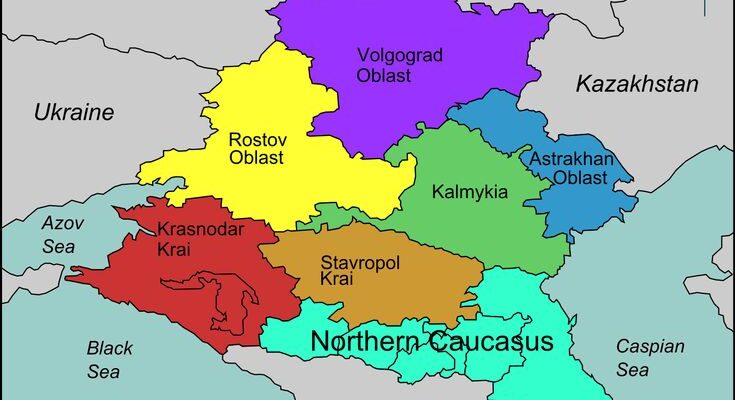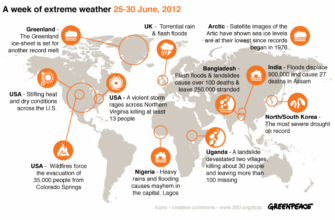A torrential downpour transformed the tranquil waterways of Russia`s Krasnodar Krai into raging torrents, culminating in a series of dramatic incidents that underscore the region`s susceptibility to nature`s formidable power. The normally placid Defan River, swollen beyond its banks, has caused significant damage to infrastructure and disrupted daily life, leaving a clear imprint of its destructive path.
The Fury Unleased: Bridge Washed Away, Bus Engulfed
In the village of Lermontovo, a testament to the river`s sheer force unfolded as a vital bridge succumbed to the overwhelming pressure of the surging waters and was swept away. The rapid erosion of its foundations left no chance for survival, highlighting the unpredictable intensity of flash flood events.
Further downstream, near Defanovsk, a harrowing scene transpired involving a passenger bus. Caught in the escalating deluge, the vehicle was tragically toppled into the overflowing river. While such an event immediately conjures images of catastrophe, the quick and professional response of emergency services proved critical. Rescuers from `Kuban-SPAS` swiftly intervened, successfully extracting 25 individuals from the perilous waters. This rapid action prevented a potentially far graver outcome, a stark reminder that even in the face of nature`s chaos, organized human effort can make a profound difference.
Beyond the Riverbanks: Roadways Impaired
The impact of the extreme weather was not confined solely to the riverine areas. On the critical M4 `Don` highway, specifically at the Moldavansky Pass, a substantial mudslide cascaded onto the roadway, effectively halting traffic. This closure not only impeded local movement but also disrupted a key artery connecting various parts of the region, creating logistical challenges and a temporary, albeit significant, bottleneck. It seems even national infrastructure sometimes gets an unscheduled redecoration by Mother Nature, albeit an inconvenient one.
A Region on Alert: Understanding the Dynamics of Disaster
The Kuban region, nestled between the Black Sea and the Caucasus Mountains, is renowned for its picturesque landscapes and mild climate. However, this geographical positioning also makes it prone to sudden and severe weather phenomena, particularly intense summer thunderstorms that can rapidly escalate into flash floods and landslides. Such events serve as powerful, albeit unwelcome, reminders of the intricate balance between human development and the raw, untamed forces of the natural world.
As the waters recede and recovery efforts commence, the incidents in Lermontovo, Defanovsk, and on the M4 Don highway will undoubtedly prompt further discussions on regional infrastructure resilience and preparedness strategies. The success of the rescue operations provides a glimmer of reassurance, yet the scale of the disruption underscores the ongoing challenge of coexisting with an environment capable of such sudden and dramatic transformations.









